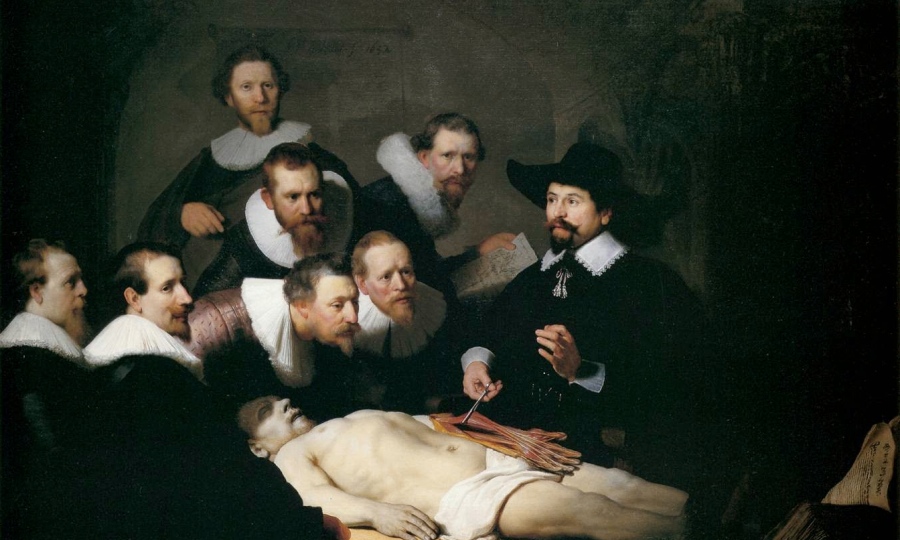A newly-assembled team of mostly European scientists plans to combat misinformation about e-cigarettes in the media and the scientific world.
Operating under the auspices of the Lega Italiana Anti Fumo (Italian anti-smoking league, also known as LIAF), it is headed by Riccardo Polosa, that organisation’s chief scientific advisor and one of the highest-profile medical scholars to make the case for e-cigarettes.
The new group will “disseminate and comment on the latest scientific evidence on the research applied to the electronic cigarette and [place] itself as an authoritative and critical reference in the media context and Italian science”, Polosa said.
“Each member of this new committee has long supported, through [their] work and research, that electronic cigarettes are a tool to be kept in high consideration in the fight against smoking, even though it was often hampered by the dissemination of media releases, sometimes unrealistic, that alleged disadvantages for public health,” he added.
The group comprises Fabio Beatrice of the Società Italiana di Tabaccologia (society of tobacco studies); Pasquale Caponnetto of LIAF; Konstantinos Farsalinos from the University of Patras in Greece; Jacques Le Houezec, a French public-health consultant; Marcus Munafo of the University of Bristol; David Nutt of Imperial College London; Sally Satel of the American Enterprise Institute (USA), a policy research institution; Mike Siegel of Boston University School of Public Health in the U.S.; Umberto Tirelli of the Istituto Nazionale Tumori (cancer institute) in Aviano; Umberto Veronesi, scientific director of the European Institute of Oncology in Milan; and Carlo Cipolla from the same institute.
Many, perhaps most notably Farsalinos, are among the best-known scientists who speak and write frequently in favour of e-cigs.
Polosa himself, in addition to working for LIAF, is director of the Institute for Internal Medicine and Clinical Immunology at the University of Catania in Sicily.
What This Means: To some extent, LIAF’s missionaries will inevitably end up preaching to the converted.
However, the formal establishment of a group like this is significant, marking as it does an increasing determination among e-cigs’ scientific advocates to not only bemoan the inadequacy of some research and the way it is presented – but to do something about it.
– Barnaby Page ECigIntelligence staff
Painting: Rembrandt
(Article Originally Published by ECigintelligence – View Original Source)

